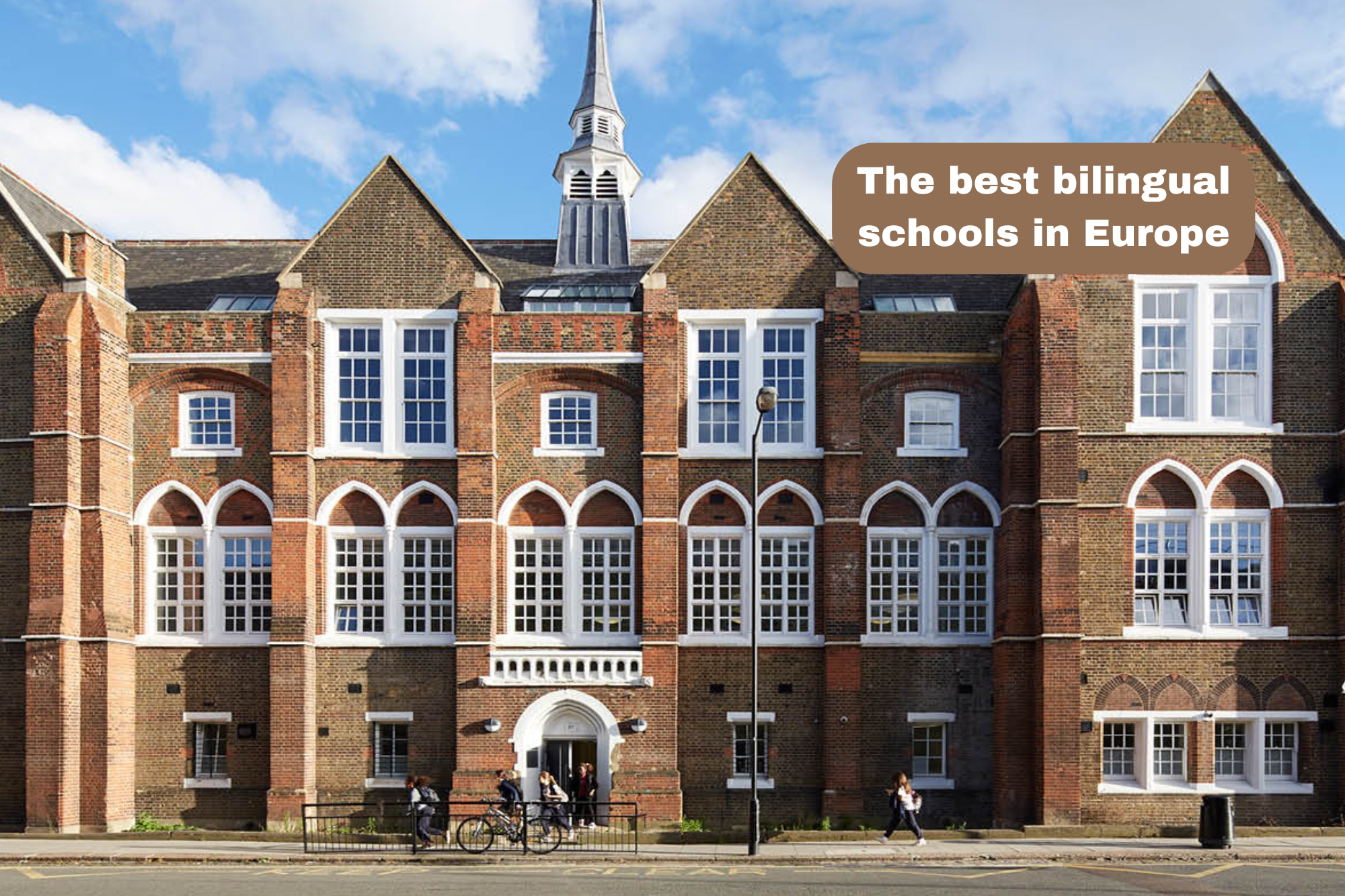Share this Post
Debating is an essential educational activity that fosters critical thinking, confidence, and communication skills in young learners. For primary school pupils in Nigeria, debates are a valuable tool for teaching logical reasoning and understanding diverse perspectives.
This article provides an extensive list of debate topics suitable for primary school students in Nigeria, categorized into various themes, and offers tips on preparing young learners for debates.
Importance of Debates for Primary School Students
Debates in primary schools have several benefits:
- Enhancing Critical Thinking: Pupils learn to analyze topics and form logical arguments.
- Building Confidence: Public speaking boosts self-esteem and prepares children for leadership roles.
- Improving Communication Skills: Debating sharpens articulation, listening, and persuasion skills.
- Encouraging Teamwork: Debates require collaboration with peers to build strong arguments.
- Promoting Awareness: Pupils gain insights into social, environmental, and ethical issues relevant to their communities.
Debate Topics for Primary Schools in Nigeria
Here are the debate topics for primary schools in Nigeria:
Social Issues
- Is it better to have one best friend or many friends?
- Should children have limited screen time?
- Should pupils wear school uniforms?
- Is it better to live in the city or the village?
- Should children be allowed to own mobile phones?
Education
- Should homework be abolished in primary schools?
- Should schools have more outdoor activities than classroom lessons?
- Are teachers more important than doctors?
- Is continuous assessment better than exams?
- Should students be graded for sports activities?
Environment
- Should Nigerians plant more trees to combat climate change?
- Are plastic bags worse than paper bags for the environment?
- Should hunting animals be banned in Nigeria?
- Is recycling the best way to save the environment?
- Should schools teach more about protecting nature?
Technology
- Are books better than tablets for learning?
- Should students use computers in primary schools?
- Does technology make children smarter?
- Is social media harmful to children?
- Should robots be used as teachers?
Health and Nutrition
- Should students bring only healthy snacks to school?
- Is exercise more important than a balanced diet?
- Should sugary drinks be banned in schools?
- Are fruits better than vegetables?
- Should schools have regular health check-ups?
Culture and Traditions
- Is traditional food better than fast food?
- Should children learn to speak their native language first?
- Are cultural festivals important for Nigerian children?
- Should traditional dresses be worn more often?
- Are Nigerian folktales still relevant today?
Ethical Questions
- Is honesty always the best policy?
- Should children always obey their parents?
- Is it better to share or keep what you have?
- Should children be rewarded for good behavior?
- Are school rules always fair?
Miscellaneous Topics
- Is it better to be kind than to be rich?
- Should sports be a compulsory subject in schools?
- Should children have pets at home?
- Is it more fun to play indoors or outdoors?
- Should weekends be longer than two days?
How to Prepare Primary School Pupils for Debates
Selecting Topics
Choose age-appropriate topics that are simple and relatable to the pupils’ experiences.
Structuring Arguments
Teach students to organize their points in a logical flow:
- Introduction: Clearly state their position on the topic.
- Main Points: Provide 2–3 key arguments with examples.
- Conclusion: Summarize their stance confidently.
Research and Preparation
- Encourage pupils to gather information from books, teachers, or parents.
- Help them practice explaining their ideas in simple terms.
Practicing Public Speaking
- Organize mock debates to build confidence.
- Teach them to speak clearly, maintain eye contact, and use gestures effectively.
Encouraging Respectful Engagement
- Emphasize the importance of listening to opponents.
- Teach them to respond respectfully, even when disagreeing.
Tips for Organizing a Debate in Primary Schools
- Set Clear Rules: Outline the format, time limits, and expectations for behavior.
- Create Balanced Teams: Ensure each team has pupils with varying strengths.
- Provide Guidance: Assign teachers or older students as mentors to help pupils prepare.
- Use a Simple Judging System: Focus on clarity, argument strength, and teamwork rather than complexity.
- Encourage Participation: Recognize every participant to motivate continued interest in debating.
Conclusion
Debating is a powerful educational tool that shapes primary school pupils into confident, critical thinkers and effective communicators.
By introducing engaging and thought-provoking topics, Nigerian schools can create a platform for children to explore their ideas, learn from others, and develop lifelong skills.
Whether discussing environmental conservation or the importance of honesty, debates allow young minds to grow and contribute meaningfully to their communities.





